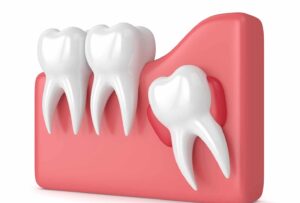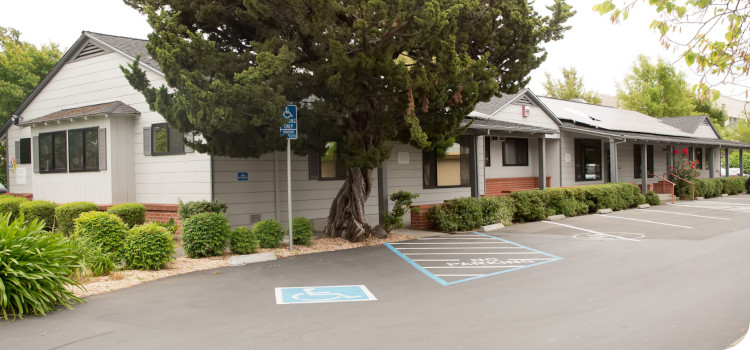 Unlike many common oral health problems, those that result from the improper eruption of your wisdom teeth (or third molars) can be difficult to predict. Wisdom teeth can more easily become impacted than other types of teeth because they’re the last ones to develop along your dental ridges. Yet, they don’t always become impacted, and you may not know if yours will until they do. Today, we take a closer look at wisdom teeth, including why they develop, the problems they may cause, and what may be your best chance at avoiding them.
Unlike many common oral health problems, those that result from the improper eruption of your wisdom teeth (or third molars) can be difficult to predict. Wisdom teeth can more easily become impacted than other types of teeth because they’re the last ones to develop along your dental ridges. Yet, they don’t always become impacted, and you may not know if yours will until they do. Today, we take a closer look at wisdom teeth, including why they develop, the problems they may cause, and what may be your best chance at avoiding them.
The point of growing third molars
Your wisdom teeth are formally called third molars because they’re your third set of permanent molars to develop, usually between the ages of 17-25 years old. Experts believe they’re a remnant of a time when our ancestors needed the additional chewing power to process a rougher diet than today’s. Since then, however, our dental ridges and jawbones have grown smaller in general, and for many people, they’re unable to support the additional molars. As they develop and attempt to erupt from the gums, the lack of space can lead to a wide range of problems.
The trouble caused by wisdom teeth
Wisdom tooth impaction is the most frequent type of trouble that third molars can cause, and describes the molar (or molars) being obstructed in their growth. Limited space within the bone structure and/or extremely close proximity to the second molar can force the wisdom tooth to change angles as it grows. Instead of erupting vertically from the bone structure and gum tissues, the impacted molar can be forced to grow at an angle, or in some cases, horizontally. Wisdom tooth impaction doesn’t stop the molar from trying to erupt, however, and the force of it pushing against bone structure and other molars can lead to a wide range of discomforts and oral health concerns.
The way to avoid wisdom tooth trouble
Predicting wisdom tooth trouble before it occurs can be more challenging than it is for some other issues, but it isn’t impossible. Your oral health expert can perform comprehensive examination of your teeth and oral structures to determine if wisdom teeth are developing, and to gauge their path of development. For some patients, extracting the molars before they can cause trouble is the best way to avoid it. After your examination, we’ll consult with you to determine if wisdom tooth extraction is an appropriate course of action to preserve the future of your smile.
Learn more by scheduling a visit
Wisdom teeth are a common source of oral health problems for some patients, and today, we take a look at why dealing with them early is important. To learn more, or to schedule a consultation, call Santa Rosa Oral Surgery in Santa Rosa, CA, today at 707-545-4625.

